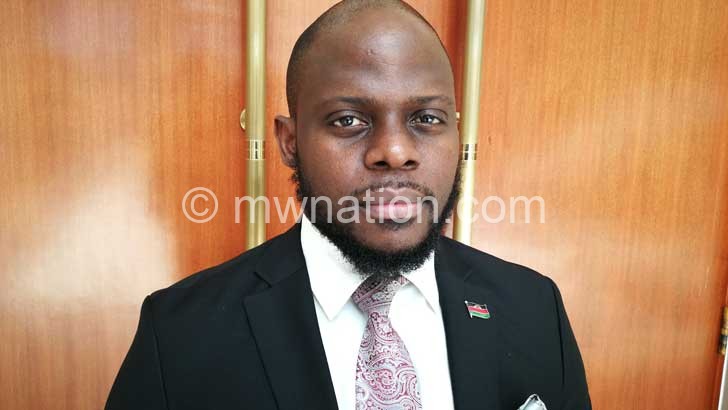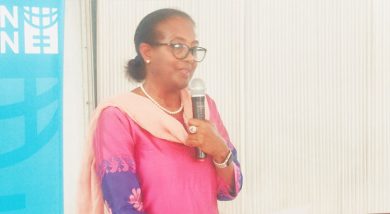CSO leaders deny being gagged

President Peter Mutharika’s appointment of several civil society leaders to parastatal boards has raised some people’s eyebrows who see the move as a way of silencing voices critical of the new Democratic Progressive Party (DPP) administration.
But some of the civil society organisations (CSOs) leaders have dismissed public fears that their appointments as board members of parastatal organisations will affect their watchdog role on governance and political issues in the country.
On Monday, the President appointed to board membership CSO leaders such as Chris Chisoni of the Catholic Commission for Justice and Peace (CCJP) to Malawi Broadcasting Corporation (MBC) alongside anti-human trafficking activist Habiba Osman who was once arrested by the Bingu wa Mutharika administration for taking part in what government said was an illegal protest.
Consumer rights activist John Kapito might have nothing to say against the Southern Region Water Board (SRWB) inefficiencies from now on since he will now be an insider, but perhaps improve it as he has been appointed chairperson of the institution.
The vocal Malawi Watch executive director Billy Banda is heading Malawi Gaming Board and National Lotteries Board while Malawi Economic Justice Network (Mejn) executive director Dalitso Kubalasa is heading to Small and Medium Enterprise Development Institute.
Another inclusion on the list is Steven Duwa as member of the Electricity Supply Corporation of Malawi (Escom) board, who prior and during the last elections headed the Malawi Electoral Support Network (Mesn) that declared the contentious May 20 Tripartite Elections free and fair.
But Duwa said in an interview yesterday that much as he was not consulted on the appointment to the board, there was nothing wrong with government appointing CSO members to government institutions.
He said: “There is nothing strange in this. Although I have also just heard about my appointment from the media and I was not consulted so I cannot speak for others.”
Chisoni said being appointed to a government institution board did not suffocate a person’s freedom of speech, giving an example of health rights activist Martha Kwataine who once served on the board of Malawi Communications Regulatory Authority (Macra), but remained critical of the Joyce Banda administration that handed her the seat.
On his part, Banda said while he would not be visibly critical of government, he would not play an invisible hand as a human rights activist.
“I have previously served on the NFRA [National Food Reserve Agency] board, I provided an alternative view. I won’t compromise or frustrate the nation or the appointing authority,” he said.
Reacting to their colleagues’ appointments, Centre for Human Rights and Rehabilitation and Centre for the Development of People congratulated them, but said “as to whether their inclusion in these boards is a political ploy by the current regime to silence them, cripple the civil society or not as alleged by some quarters, is beyond our knowledge.”
Mutharika has also included his presidential election rivals Helen Singh, as a board member of Blantyre Water Board (BWB), George Nnensa and Kamuzu Chibambo as board members for National Commission on Science and Technology.
Former members of Parliament who lost on the DPP ticket in the May 20 election have also been appointed to various boards and they include: Dave Kaweche to Macra, Delia Kankhwani to NFRA, David Luka to Admarc, Ewart Gawanani to National Youth Council and Grayson Bokosi Khamba to Malawi Gaming Board.





